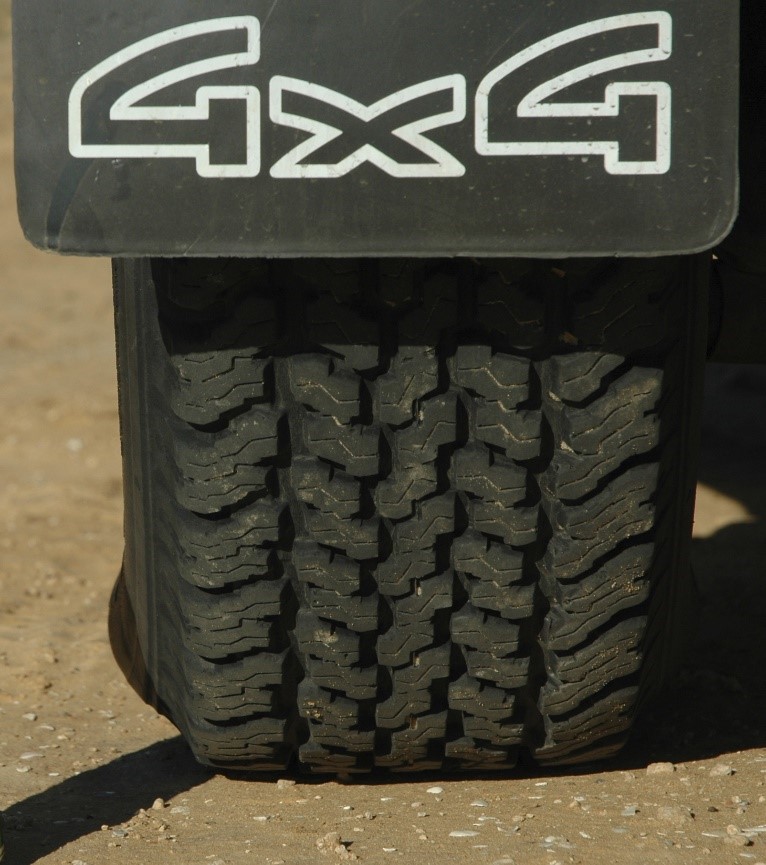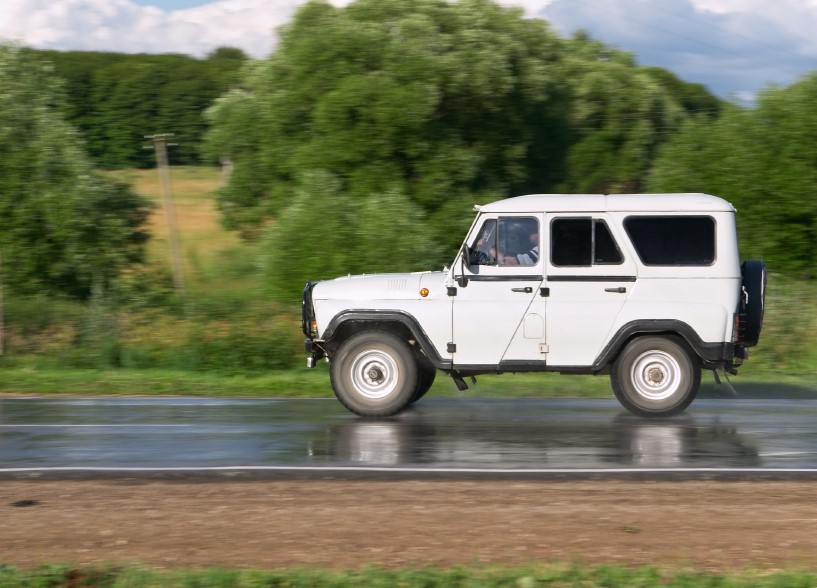Fuel can be like gold dust, and especially in a time when fuel prices constantly fluctuate, keeping an eye on your petrol or diesel dial can be a constant reminder of this. GEM Road Safety Office Neil Worth says “Fuel-efficient driving goes hand in hand with improving your driving skills and boosting road safety, as well as reducing emissions and pollution. As well as reduced risk, you should find the whole driving experience a lot less stressful.”
When either off-roading or simply taking your 4 x 4 for a spin, fuel can be easily used up, but by considering these few handy tips, you can save yourself some pennies and reduce your risk on the roads.

Gears
You can reduce your engines thirst by aiming to get in a higher gear when possible. Sometimes it may not be possible when climbing an incline or even when stuck in rush hour traffic. Try avoiding these situations if you’re trying to save fuel. Dependant on your model you could get away with a higher gear in certain circumstances. The perfect way to travel is to maintain a specific speed. Ideally around 50mph and in the highest gear possible. According to the AA, even dropping from 80 mph to 70-mph can save up to 25% fuel and dropping from 70mph to 60pmh can save a further 10%.
Tyres
Your tyres can have a significant impact on the amount of fuel you use. Make sure you keep your tyres properly inflated and carry out regular checks on them. Even a small amount of reduction in pressure can cause an increase in resistance when driving, which means you could end up spending more money on fuel, and subsequently your tyres. Consider purchasing eco tyres when you are in need of new ones, and ask the mechanic to check your wheel alignment while you’re there.

Directions and Knowledge
Considering statistics, a third of all city driving involves looking for somewhere to park as well as many of us getting lost when driving to a new destination…sat nav or not. Organise your journey by planning, ahead and using a sat nav or even a print out of directions. Use motorways and any free-flowing roads whenever possible. The motorway is usually the easiest and most sign posted route, plus your car will be at its most fuel efficient this way.
Braking
Braking too much can turn fuel into waste heat, therefore should be used as little as possible. This is generally why using motorways and less congested areas are better. It is better to reduce your speed gradually rather than suddenly braking at traffic lights. Aim to roll to a stop instead of quickly stopping.

Weight
The heavier your car is, technically the more energy your vehicle will need to move. Every object you add to your car will alter the fuel you use- even if it’s ever so slightly. Even petrol weighs, so the fuel tank is just as much of a burden as anything else. Every ounce you lose from the car will certainly save you at the pumps.
Air Conditioning
Air conditioning uses your fuel quicker, although it is less costly than opening windows, as this reduces how aerodynamic you are. Your heating and air con can increase the fuel thirst even of a small engine up to 10%. Imagine what it would be in a heftier vehicle… even a 4 x 4?

We are paying nearly more than double than what we used to for fuel, and the faster we run out, the faster we are going to have to swap our big block 4 x 4’s for lesser models. Our internal combustion engines can be life savers, and we want them to stay around. If you want to know any more information regarding spare parts, or how we can keep your 4 x 4 in tip-top condition, get in touch with our team.


